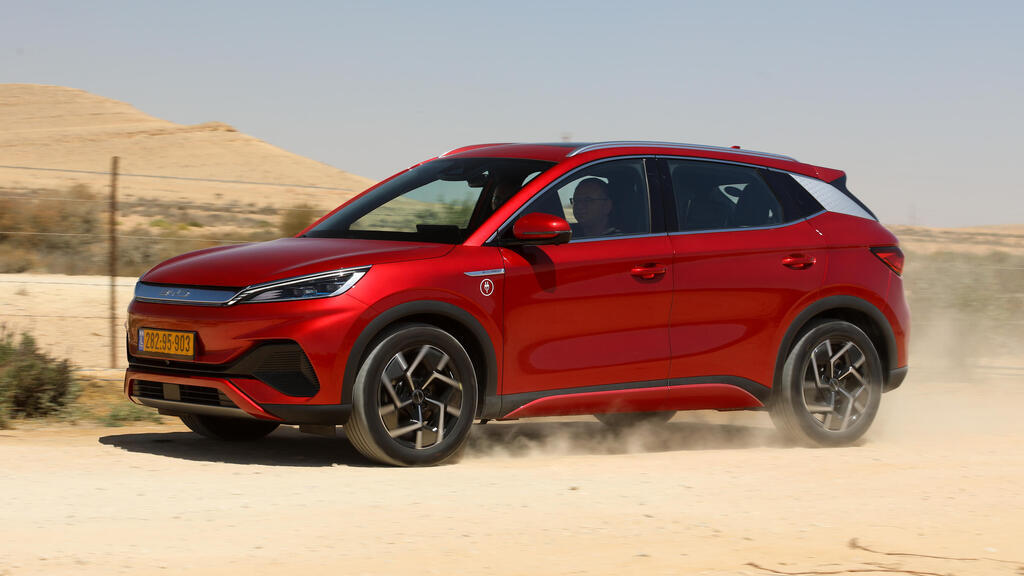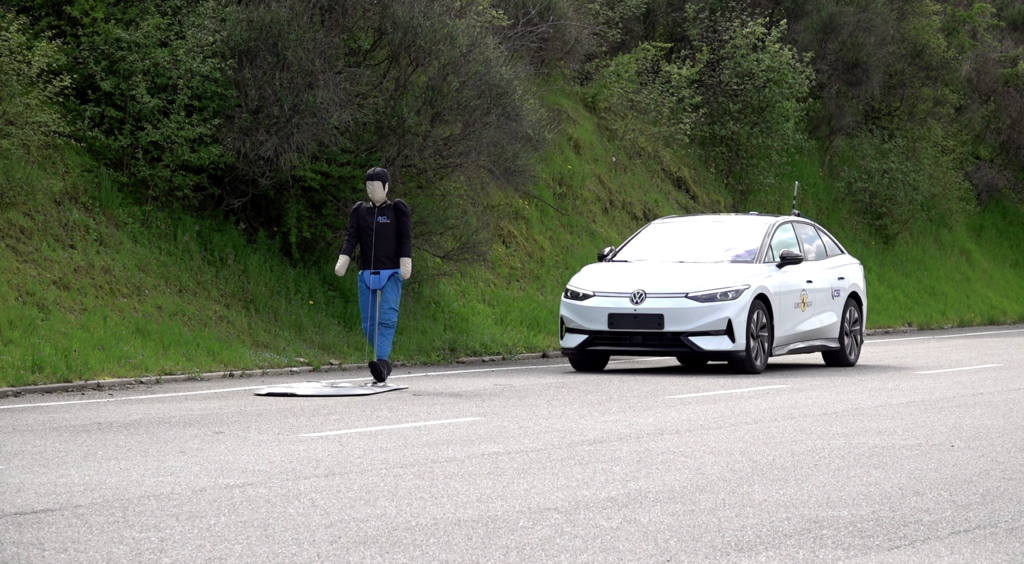The European safety organization Euro NCAP, known for crash-testing new car models, expanded its scope about four years ago to assess driver-assistance systems—primarily adaptive cruise control and lane-keeping assist.
Key factors evaluated include the extent to which these systems aid the driver, reduce their workload while keeping them alert and responsible, and feature various emergency safety measures designed to prevent collisions.
This year’s testing criteria grew to include speed adaptation to road conditions and hazards, as well as the ability to recognize motorcycles alongside pedestrians and cars.
The BYD Atto 3, a local best-seller with a 5-star Euro crash rating, received a "Not Recommended" rating this time, scoring 55% in driver assistance and only 35% in safety support. EuroNCAP stated that the Atto 3 did not meet minimum standards, failing to adjust speeds approaching curves or intersections and maintaining its lane only at relatively low speeds.
Additionally, the Atto 3 performed poorly in encounters with stationary vehicles and took no action if the driver was unresponsive—apart from disengaging the steering assistance system, a move that “essentially left the driver to their fate,” according to the testers.
In contrast, the BMW i5 and Mercedes C-Class achieved “Very Good” ratings, the highest awarded in these tests. Testers highlighted that both effectively eased the driver’s workload while keeping them engaged enough to assume control quickly if necessary. BMW scored 76% in driver assistance and 90% in safety support, while Mercedes impressed with 85% in assistance and 97% in support, thanks in part to a system that pulls over to the roadside if the driver is unresponsive.
The Volvo C40 and Volkswagen ID.7 both earned “Good” ratings, with the Volvo receiving scores of 66% in driver assistance and 78% in safety support, and the Volkswagen registering 70% and 80%, respectively. Both cars performed well but lacked some of the advanced features offered by BMW and Mercedes.
Our Take: Nearly every car today comes equipped with similar safety features, including autonomous emergency braking, lane-keeping, and adaptive cruise control. However as shown by EuroNCAP’s testing, the actual performance and functionality of these systems vary widely between manufacturers. Not all provide the same level of assistance, whether in routine or emergency situations. This is a great reminder that even the best assistance systems are no substitute for an alert and attentive driver.
Get the Ynetnews app on your smartphone:




